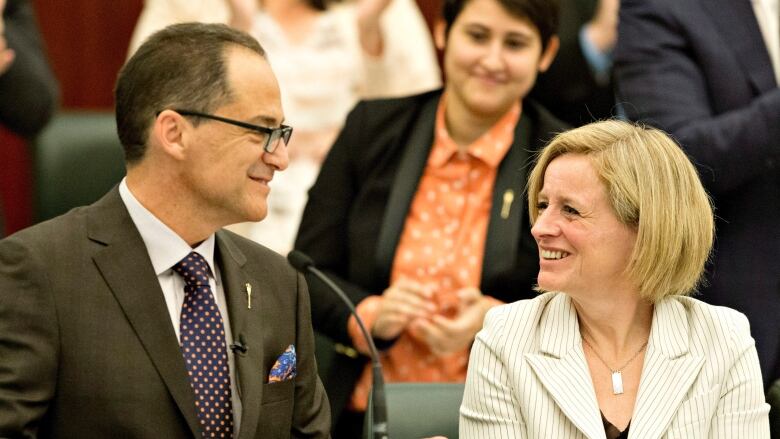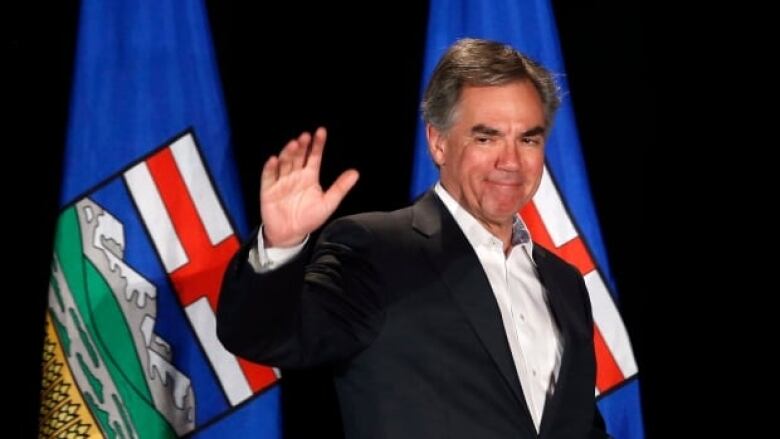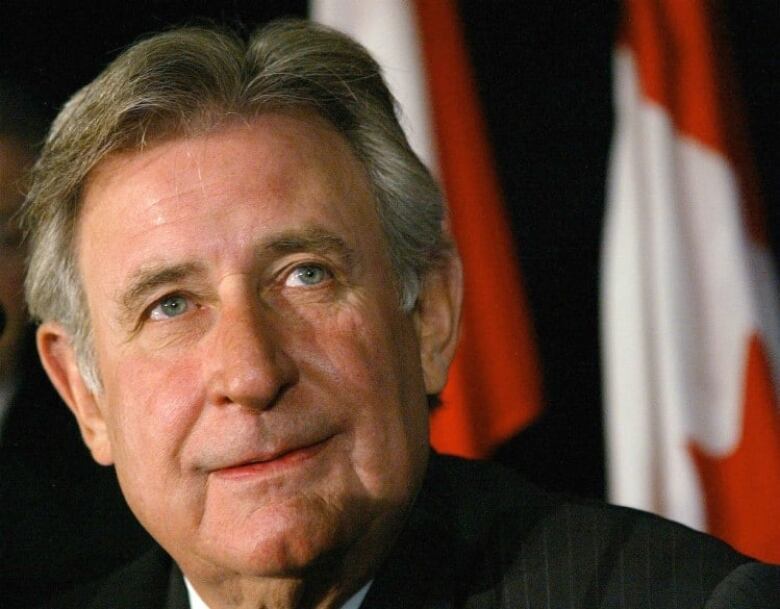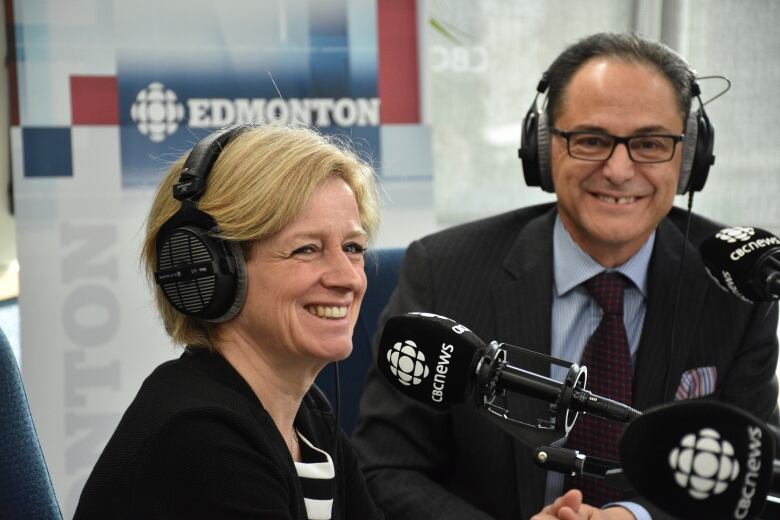The Alberta budget will polarize the political system
Who supports the budget and who doesn't and what that means for Alberta politics

There's plenty of economic analysis of the Alberta budget which Finance Minister Joe Ceci delivered on Thursday.
It focuses on the $10.4 billion deficit due to a 90 per centcollapse in resource revenue and maintaining government spending at the rate of inflation and population growth.
- MORE BUDGET NEWS |Alberta Budget 2016: 5 ways it could affect your pocketbook
- MORE BUDGET NEWS |Alberta spends and N.L. taxes, on different paths after oil price crunch
- MORE BUDGET NEWS |Alberta budget goes heavily into the red to fight economic downturn
But I want to focus on the politics of the budget.
Let's begin with a survey of who supported it, and who didn't. And how this illustrates a large political polarization in Alberta.
Budget supporters included the Alberta Teachers Association, Calgary Board of Education, Edmonton Mayor Don Iveson, Alberta School Boards Association, Greenpeace Canada, Parkland Institute, Pembina Institute, university student unionsand Public Interest Alberta.
These groups applauded the climate change initiatives (phasing out coal and implementing a carbon tax), maintaining education and health care spending, and borrowing for infrastructure projects.
Meanwhilebudget critics included the opposition parties (Wildrose, Progressive Conservatives, and Alberta Party), Canadian Taxpayers Federation, Calgary Chamber of Commerceand the Canadian Federation of Independent Business.
These groups raised alarms about the $10.4 billion deficit, the accumulation of debt over multiple years, the lack of a coherent plan to achieve a future balanced budget, the introduction of the carbon taxand the inability to significantly reduce government spending.
Although they were pleased with the reduction of the small business tax.

A new polarization
This polarization was in contrast to the April 2015 budget that had been presented by former Progressive Conservative Premier Jim Prentice.
That budget (which was never passed) included something for everybody to hate.
Conservatives hated the removal of the flat tax, the introduction of a health care levyand the increase in numerous fees.
Progressives hated the plan to gradually reduce government spending in health care and education.
The unpopularity of the Prentice budget, from almost all sides, was a contributing factor in its election defeat last May.
Premier Rachel Notley and Finance Minister JoeCeci avoided this dilemma of taking a middle road which upsets everybody, by clearly choosing a side.
They chose to support the public sector workers in education, health careand the provincial bureaucracy, as well as those other members of the public that support high spending in these social spheres.
They chose to alienate fiscal conservatives who are concerned about rising taxes, the accumulation of deficit/debt, and the fate of energy sector workers.
This makes for a very polarized political system.

It is a return to the Klein era
In fact, Alberta has not seen this type of political polarization since the early Klein years of the 1990s.
Those years saw former premier Ralph Klein's Progressive Conservative government dramatically cut spending through an austerity deficit reduction program. They didn't just shut down hospitals, they blew them up.
The slash and burncomment was also a pointed shot at today'sWildroseand Progressive Conservative partiesDuane Bratt
This led to massive demonstrations outside of the legislature in Edmonton.
But Klein stuck to his guns and slayed not only the deficit but the debt too. And Albertans rewarded him with multiple re-elections.
But the memories of those who lost (and even some who won, but now regret the pace of those cuts) the political fights from over twenty years ago remain.
The people who went through that twenty years agodo not want to go through it again.
That's who the NDP is targeting.
Contrasting approaches
This is why Ceci, as did Premier Notley in her television address last week, explicitly warned Albertans about Klein's "slash and burn" strategy. They contrasted that approach with the NDP strategy of protecting Alberta's social infrastructure and building its physical infrastructure by running large deficits and waiting for the price of oil to rebound.
But Ceci was not just talking about the Klein years of the 1990s the "slash and burn" comment was also a pointed shot at today's Wildrose and Progressive Conservative parties (both who claim Klein's legacy).
Notley and Ceci were telling Albertans that the alternative to their budget would be reckless cuts that would gravely damage front-line services in education, health careand social services.
In making this calculation, Notley and Ceci have decided that thereare political benefits to be had through this polarization.
It is thought that this is political suicide, because balanced budgets are now considered sacrosanct in Alberta.

Times have changed
After all, the rising debt levels in the 1980s by the federal and Alberta governments created political momentum to tackle them in the 1990s.
In the 1993 provincial election, both the Klein Progressive Conservatives and the Liberals led by Lawrence Decore campaigned on spending cuts. The Reform Party emerged federally to challenge the Liberals to cut spending too, which was done in the 1995 budget by then Liberal finance minister Paul Martin.
But times have changed, and perhaps the Alberta's NDP polarization will succeed, just as Klein's polarization succeeded.
In the 2015 federal election, Liberal leader Justin Trudeau won a majority election campaigning on running a deficit.
In Ontario, the Liberals have remained in power since 2003 by railing against the deficit cutting efforts of former Progressive Conservative premier Mike Harris (Ontario's Klein) and spending in health care and education while simultaneously running up sustained deficits.
By responding to Alberta's fiscal crisis through the adoption of high deficits, but protecting education, health careand social services, have the NDP ensued their best chance at re-election?
Or will the accumulation of high deficits lead Albertans to turn the NDP into a one-term wonder?
Calgary at a Crossroads is CBC Calgary's special focus on life in our city during the downturn. A look at Calgary's culture, identity and what it means to be Calgarian. Read more stories from the series atCalgary at a Crossroads.













_(720p).jpg)


 OFFICIAL HD MUSIC VIDEO.jpg)
.jpg)



























































































